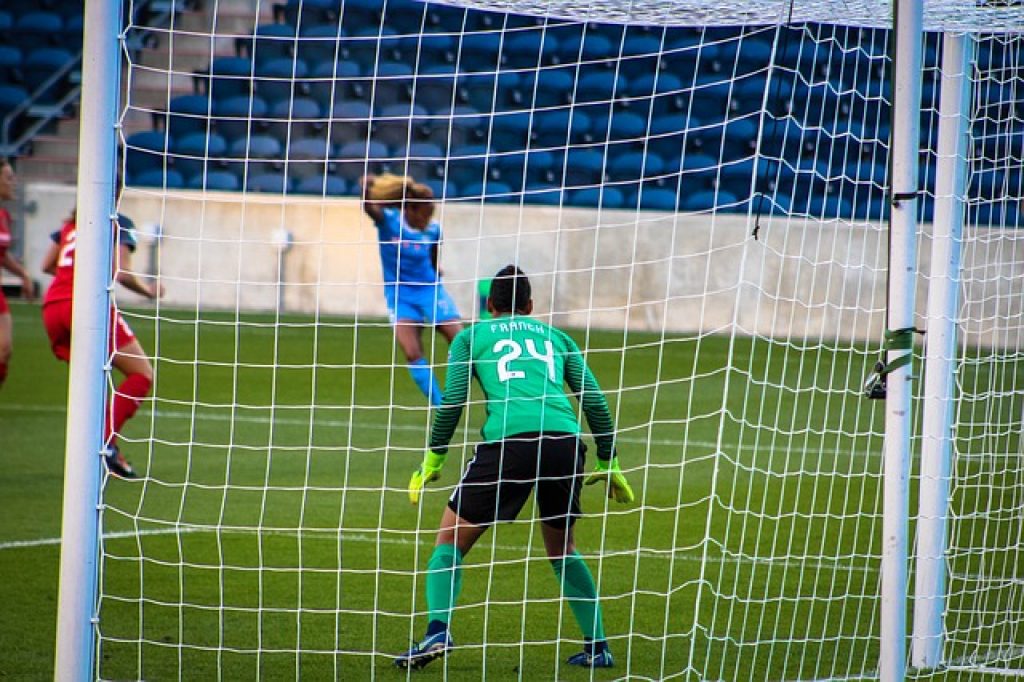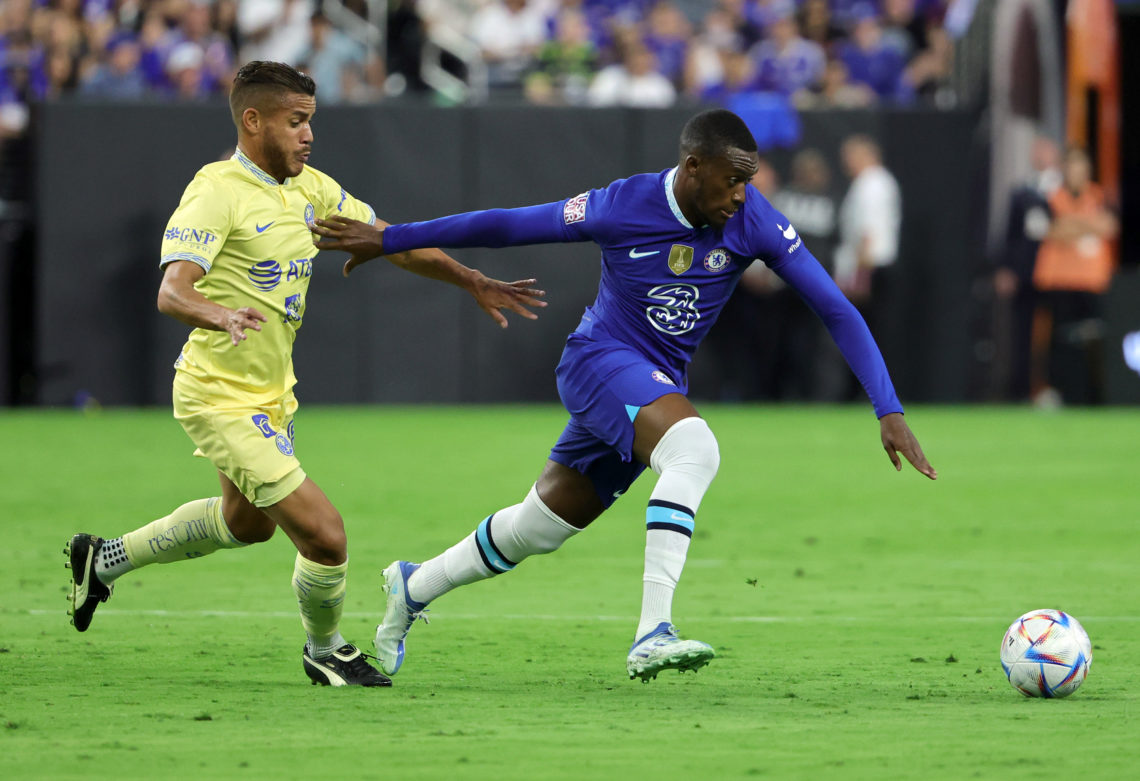
Soccer substitution refers to the practice of substituting one player for another. This strategy increases your chances to win a game. Sometimes coaches will make substitutions to modify the team's formation. Other games may see a team adding more strikers to boost their offense. This strategy is sometimes very successful but can also lead to injuries.
Super-subs players are those who enter a match from the bench
A super-sub is a player who comes into a game off the bench and makes a big difference. These players are rarely starters but come on to bring the team out of a rut. These players can make major decisions and have the ability to alter the game at the very last moment.
Some examples of super-subs include Pablo Fornals and Felipe Anderson. Both players start the game on the left but can make a huge difference for their manager. Andriy Yarmolenko and Robert Snodgrass are other players that can have an impact from the bench.

Substitutions increase the chances of a game ending up in the end
Substitutions, which are one of the most crucial aspects of football are essential for team success. It is up to the subs as to how they are used that substitutions can make a difference in a game. Sometimes, the winning team may use one of their substitutes strategically to change or score the game's winning goal.
If you want to make a difference in the outcome of a game, adding a "fresh pair” of legs towards the end can make all the difference. Many major tournament games came down to a goal by a player who was on the bench.
These can be used to purchase the best players
Substitutions in soccer are a great tool for improving team performance. Substitutes are just like the starting players, and should be closely monitored by the coach. They should also be aware of the opposition and look for opportunities to exploit their position. Substitutes need to follow the coach's directions.
The main reason why substitutions in soccer are so important is to keep the momentum of the sport. Teams will have better opportunities to recruit the best players by increasing the number of substitutes. Reserve players can be demotivated, which is a wasteful of money. This would also mean fewer soccer competitions which would have a negative effect on the economy.

They could lead to injury.
Substitutions can cause injuries, but there are ways you can reduce them. Managers should make subs easier to use. Substitutes should always be introduced early in a game. Managers should also attempt to convince players that being substituted early doesn't mean they failed. Some players think that being replaced at the half-time break is worse than death. But, there is progress.
Increase the number of substitutes to reduce injury risks. Soccer matches can be very physical and require a lot energy. A small increment in substitutions would greatly reduce the physical strain. The game would be more enjoyable if there were more substitutes.
FAQ
What is a Goal Kick?
Goal kicks occur when a player places the ball over the crossbar and into the net. Goal kicks are sometimes called "golden chances." One example of a great golden opportunity is a long-range shot which goes just wide of goal.
Where can I purchase cheap soccer equipment
Sporting goods stores can sell cheap soccer gear. You will usually find soccer balls, shin guards, jerseys, and other items at discount department stores. You can also check out online retailers like Amazon.com.
What does a football midfielder do?
The midfielder controls the play flow by moving the ball side-to-side across the field. He can also pass the ball backwards or forwards along the pitch. The best midfielder should anticipate the location of his teammates so he can get to them and pass the ball.
What happens after a goal in soccer has been scored?
The opposing team has the right to take a free kick after scoring a goal. Free kicks are used when the defending team commits fouls during play. After the free kick is taken, it may result in another goal being scored.
What is dribbling in soccer?
Dribble is when you move the ball from side to side quickly without stopping. It allows players to pass the ball around quickly and helps them score goals.
Which size soccerball should I buy?
The best way to determine what size soccer ball you need is to measure yourself. Stand straight and keep your arms at your sides. Use a tape measure to measure around your chest, just below your armpits. This measurement represents the circumference of your torso. Divide this number by 2, and multiply it by 5. If your chest measures 40 inches in diameter, multiply this number by 2 and multiply it by 5. This is the circumference a sphere that has a diameter 20 inches. This formula allows you to determine the approximate size of the ball.
Statistics
- They are not just good at dribbling because they are talented alone, but because they put in 100% effort during every practice. (coachtube.com)
- After hosting an entertaining World Cup finals in 1994, the United States possessed some 16 million football players nationwide, up to 40 percent of whom were female. (britannica.com)
- At the 2018 FIFA World Cup, Belgium playmaker Eden Hazard, renowned for being difficult to dispossess, set a World Cup record for successful dribbles completed in any World Cup game since 1966, with a 100% success rate in ten dribbles against Brazil.[10] (en.wikipedia.org)
- the estimated cumulative television audience for the 2006 World Cup in Germany was 26.2 billion, an average of 409 million viewers per match. (en.wikipedia.org)
- Get 10% off your first purchase using code BLOG. (technefutbol.com)
External Links
How To
How to play football
You need to be able to play soccer well. These skills must be improved. The most important thing is to practice them every day. These steps will teach you how to properly play soccer.
-
Practice dribbling. Practice dribbling around the field until your skills improve. Begin practicing dribbling quickly, only doing it for five minutes at a stretch. When you feel confident with dribbling the length of your practice should be increased to 10 minutes. Continue practicing this technique every day.
-
Practice passing. Practice passing the ball in front of you and behind you. It is important to correctly pass the ball to the person in the available space. Keep your passes short. It's better if you throw the ball directly to the player who needs it. This will save you energy and keep you warm.
-
Practice heading. You must be able to accurately place the ball into the net when heading. First, practice getting into position to reach this goal. Keep your back straight and face the target. Then bend forward slightly and put the ball under your chin. Next, raise your head up and look towards the top left corner of the net. Your eyes should point straight ahead. Stand up straight and let the ball go.
-
Practice tackling. Tackling is one of the hardest techniques to master. It can be fun, though, once you are proficient. For starters, tackle with your chest and shoulders, and don't go low. Remember to keep your arms straight and your legs together. Small groups of two players are best for attacking. One player is the defender and one of the attackers. As soon as the attacker gets past the defender, they must immediately tackle him.
-
Shooting is a skill that can be learned. You need to practice shooting. First, find a spot where you can comfortably shoot from (i.e. The goal is near your target. Focus on your form. Now, hold the ball between both your hands. Keep it far from your body. Point your toes towards the sky by bending your knees. Make a circular motion with your wrist to shoot the ball. Aim for the bottom right corner of the goal.
-
Run. Running is another skill you need to learn. Slowly build speed and start slow. Running should not be used for attacking, it can cause injury to your muscles. Instead, run towards the goal to assist your teammates.
-
Practice kicking. Kicking is not only one of the most difficult skills to master, but it's also one of your easiest. To kick accurately, you must strengthen your core and legs. One leg at a a time, place both your feet together. Slowly kick your ball towards the net by using only your heels
-
Do it again. This skill is essential to becoming a great player. Dribbling lets you control the pace of play. It is essential to control the pace of the game. Without it, your opponent would be able to catch up with you and even surpass you. Consistency is key to mastering your dribbling. Do not alter your style of dribbling each day. You should stick to what is most effective for you.
-
Practice free kicks. Free kicks can be given following a foul or when a goalkeeper makes an error. You can score goals with free kicks without needing to play the whole match. Always aim for the corners of your goal. Remember to use the instep and not the heel when aiming for the corners of the goal.
-
Practice defending. Defending is all about positioning. Keep your distance from the opponent's player when playing defense. Block his path so that he doesn't score. Always be attentive to your teammates' safety.